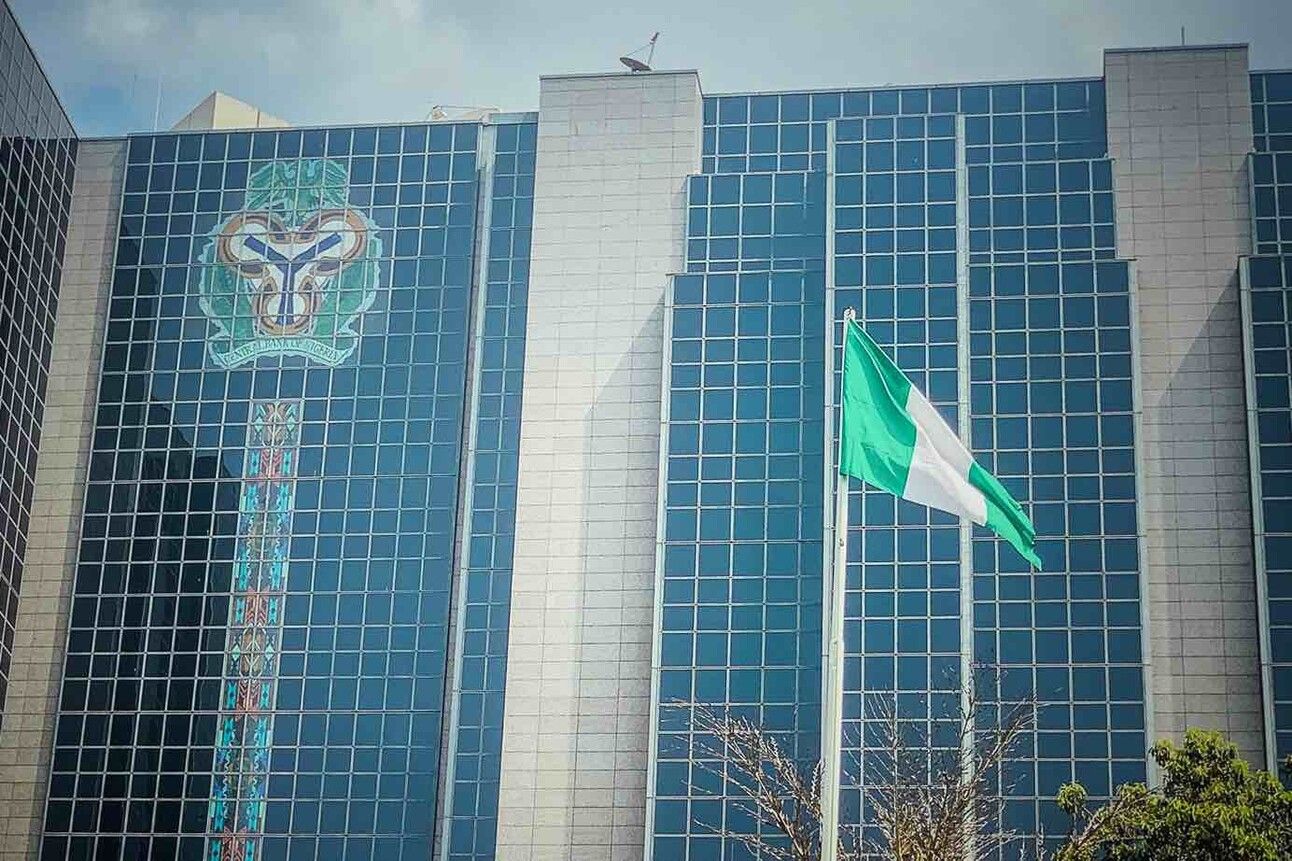Nigeria’s financial sector is undergoing its most significant transformation in two decades. With recapitalization accelerating and foreign investment rising, the country’s banking system is being redefined.
This month’s deep dive, a follow up to the one written in May, breaks down what it means for Nigeria’s financial future. We cover the latest moves from Citibank, GTBank, and others—and explore how these shifts intersect with Nigeria’s broader economic reforms.
Plus, a personal reflection from the streets of Lagos: a limited edition photographic print capturing the pulse of Idumota market, available now.
As always, thanks for joining me as we chronicle Nigeria’s evolving story.
Let’s dive in.
Samuel Okocha, Editor, 234Digest here.

Central Bank of Nigeria headquarters in Abuja. Photographer: Samuel Okocha/234Digest
Nigeria’s ambitious plan to recapitalize its banking sector is picking up speed, with 14 banks meeting new capital requirements as of late September, according to the country’s central bank.
The policy, announced in March, requires banks to significantly raise their paid-up capital by March 2026: ₦500 billion ($333 million) for international banks, ₦200 billion for national banks, and ₦50 billion for regional lenders.
For merchant banks, the recapitalization threshold is ₦50 billion with national licenses. It is ₦20 billion for non- interest banks with national licenses and ₦10 billion for those with regional licenses.
The move is part of a broader effort to stabilize Nigeria’s financial system and support its goal of becoming a $1 trillion economy by 2030.
Governor Olayemi Cardoso, speaking at the Monetary Policy Committee (MPC) briefing in Abuja, praised the “continued resilience” of Nigeria’s banking system and noted “significant progress” in the recapitalization exercise.
Strategic moves and capital gains
Citibank Nigeria made headlines on October 8, injecting fresh capital to meet the ₦200 billion national license threshold—well ahead of the deadline.
"Thanks to a stronger balance sheet, Citi is ready to expand support to its clients in priority sectors including infrastructure, energy, and trade," the bank said in a statement.
The move aligns with its strategic engagement in Nigeria. In Q2 2024 alone, Citibank facilitated over $818 million in capital importation, according to Statista, making it Nigeria’s top-performing bank in that category. This bolsters Citi’s role not just as a compliant institution, but as a gateway for foreign investment and a key player in Nigeria’s financial modernization.
Other major lenders, including Guaranty Trust Bank, Access Bank, Zenith Bank, and Stanbic IBTC, have also met the new requirements.
Guaranty Trust Bank emerged as a standout, executing a two-phased strategy: a ₦351 billion rights issue in Nigeria, followed by a $105 million share listing on the London Stock Exchange.
"With significant new capital secured and the CBN’s recapitalisation directive for Guaranty Trust Bank now fulfilled, we are focused on deepening innovation and service excellence, delivering improved performance, and expanding our footprint across high-growth markets," said Segun Agbaje, Group Chief Executive Officer of GTCO Plc, in a statement last August. "All while upholding the industry-leading standards that define the GTCO brand."
As of late September, CBN confirmed that 14 banks had already met the new capital requirements. Access Bank, Zenith Bank, Wema Bank, Jaiz Bank, and Stanbic IBTC are among six listed banks that have publicly disclosed compliance.
With Citibank’s recapitalization announced in October, the total number of compliant banks may now stand at 15, depending on whether Citi was included in the original count.
Consolidation and caution
Meanwhile, smaller banks are exploring mergers to stay afloat. Union Bank and Titan Trust Bank completed a merger on September 1. while Unity Bank and Providus Bank have secured shareholders approval to combine operations. These moves echo Nigeria’s last major banking reform in 2004, which reduced the number of banks from 89 to 25.
Meanwhile, not all banks are moving at the same pace. United Bank for Africa and First Bank—two of Nigeria’s oldest institutions—are still working to meet the new capital targets.
Reform synergy: banking meets tax
These banking reforms are unfolding alongside Nigeria’s landmark tax overhaul, set to take effect in January 2026. The new tax laws—signed by President Tinubu in June—aim to simplify compliance, reduce corporate tax rates, and exempt low-income earners and small businesses from burdensome levies.
Recapitalized banks will play a critical role in this transition: enabling digital tax collection, financing SMEs, and supporting infrastructure tied to fiscal reform. As Nigeria moves toward a more inclusive and transparent economy, the strength of its banking system will be a key determinant of success.
Together, the recapitalization and tax reforms reflect a coordinated push to stabilize Nigeria’s economy, expand the formal sector, and attract long-term capital.
What’s at stake
The recapitalization is a litmus test for Nigeria’s financial maturity and global competitiveness. With foreign banks like Citi doubling down and local investors showing renewed interest, the sector looks set for transformation.
But the next six months will be critical: mid-tier banks must balance growth with compliance, and the CBN must maintain transparency and oversight as the March 2026 deadline approaches.
If successful, Nigeria’s banking overhaul could serve as a model for other frontier markets seeking to use financial reform as a springboard for sustainable growth.
Sponsored by the photographer behind this edition
This edition of 234Digest is supported by a frame. One that holds not just a scene, but a feeling. Especially for me, as someone who once called Lagos home.
Idumota: Heart of the Market is a limited photographic print created for those who see beauty and meaning in the everyday.
Shot in the pulse of Lagos’ busiest market, this 20" x 16" image is part of a small, intentional release. Only 15 prints exist for this size. 5 are available now, until October 12.
Printed on museum-grade paper. Numbered. Signed. Framed or unframed.
If this story made you think about Nigeria’s future, maybe this image belongs in your space.

A moment frozen in time from Lagos busiest market. Now available as a signed, numbered print.

